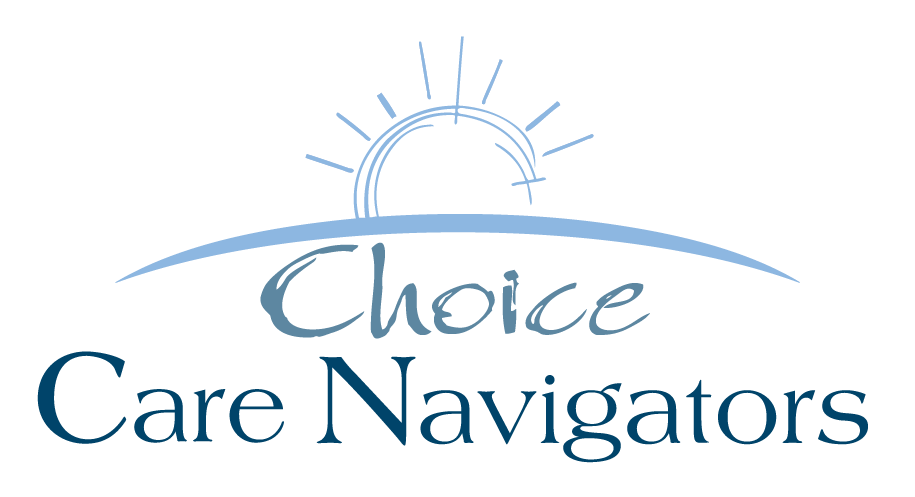In last week’s
blog, we explored the struggles that families often face when end-of-life decisions need to be made. I encouraged everyone to have frequent family conversations so that end-of-life decisions don’t take such a toll on family members.
I know it can be difficult to begin these conversations. But families need to realize that even while the end-of-life stage is inevitable, taking control of the decisions that surround this stage can actually help the family through this difficult time.
Recently, a family I know lost their mother who had a typical end-of-life progression, moving from independent living to assisted living, and finally nursing care.
The adult children lived in different cities. But because they took the time to talk with their mother about her end-of-life wishes and then carefully planned based upon those discussions, they took comfort in knowing that their mother’s wishes shaped her end-of-life experience.
Shortly after his mom’s death, I asked Bob, one of the adult children, to talk about what the family gained from discussing the final stages as a family and planning for those difficult decisions.
What was it like, talking with your mother about her end-of-life?
“Having the conversations the first time was difficult. I mean, who wants to talk about their mother dying? But she was insistent, and we (the kids) eventually listened. Of course, we hoped that we would never need to use the information.”
How did it affect them family when you learned of her dementia?
“Once we got the diagnosis, we were so relieved that we knew what she wanted and didn’t want. Because it was clear at that point we were going to NEED that information.”
Can you give an example of when knowing her wishes was really valuable to the family?
“One of the things mom was very clear that she didn’t want a feeding tube—EVER. Near the end, she chose to stop eating. When the medical team asked if we wanted to intervene with a feeding tube, the decision was easy. The whole family was on the same page, because mom had told us all what she wanted.”
How did knowing you mom’s wishes shape your family’s experience as you dealt with her end-of-life?
“No one wants to watch their mom descend into dementia. And of course no one wants to watch their mother die. But because we knew her wishes, we never felt helpless or panicked. Rather than question and debate about what to do, we were guided by mom’s wishes.”
“Knowing what she wanted actually empowered us in many ways. If someone questioned what we were doing (How can you deny your mother food??), we could confidently say that we were doing EXACTLY what our mother wanted. We defended her decisions so that she lived as she wanted all the way to the end.”
What advice would you give to other families who are reluctant to discuss end-of-life care with their loved ones?
“I know it is hard to think about someone you love dying. Or to imagine the medical interventions that you may need to think about near the end of someone’s life. It is really easy to just ignore it and keep putting it off. But it is really one of the best things you can do for your family and yourself.”
“We could not save mom. But we could help her to have her say until the end. This may seem weird, but she made it easier for us. If she hadn’t told us her wishes, we would have likely made different decisions. And we know that we (the adult children) would have had arguments over what we thought was best or what we thought mom wanted. Instead, we took comfort in carrying out mom’s wishes. Our mother gave us the gift of being able to focus all our attention and care on her in that final stage.”
Special thanks to Bob and family for allowing me to share their story.
Give your family the same benefits that Bob’s experienced. Start having end-of-life discussions today!
Have you had an experience planning for end-of-life that you would like to share? Tell us about it in the comments below!





